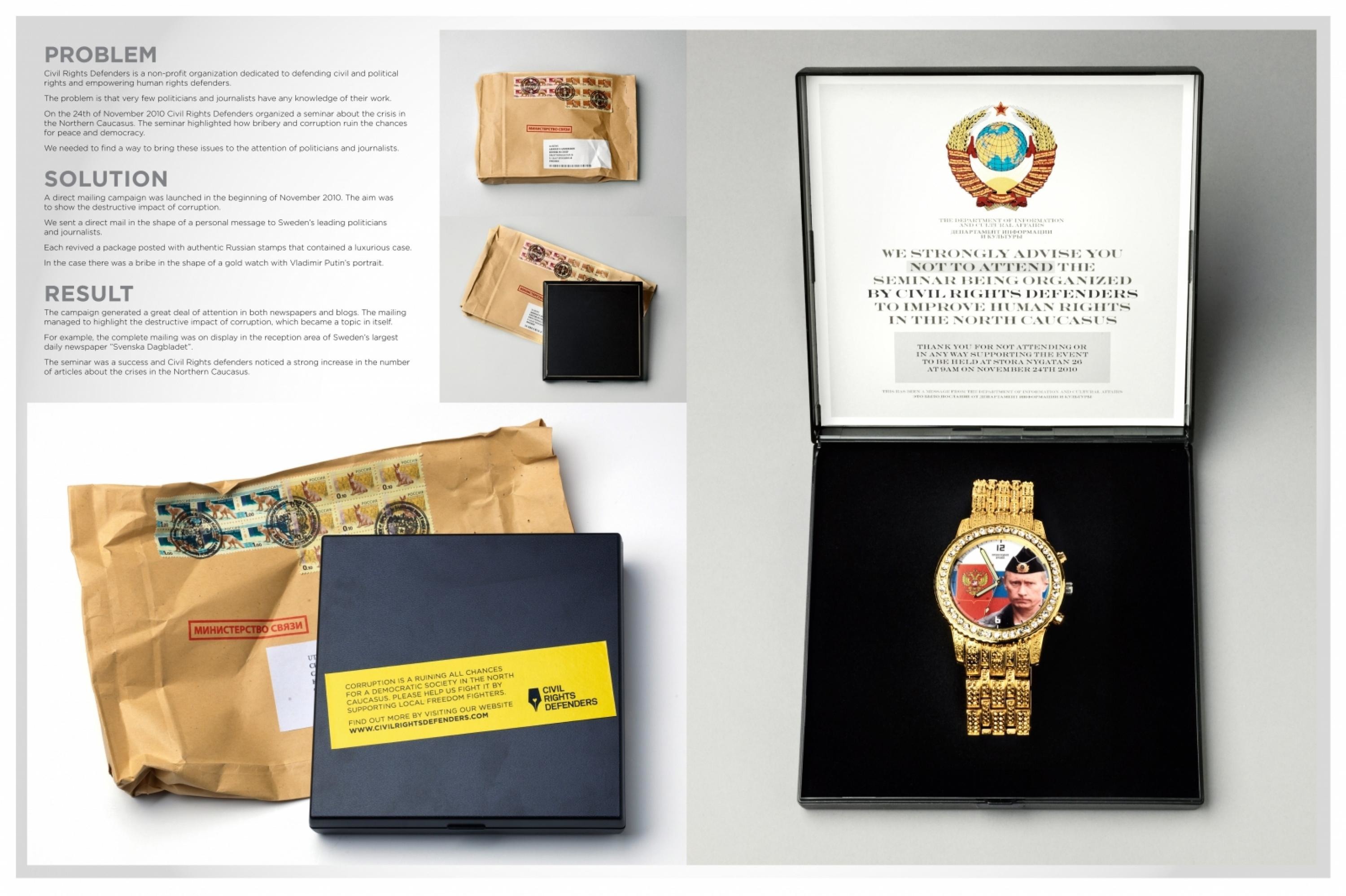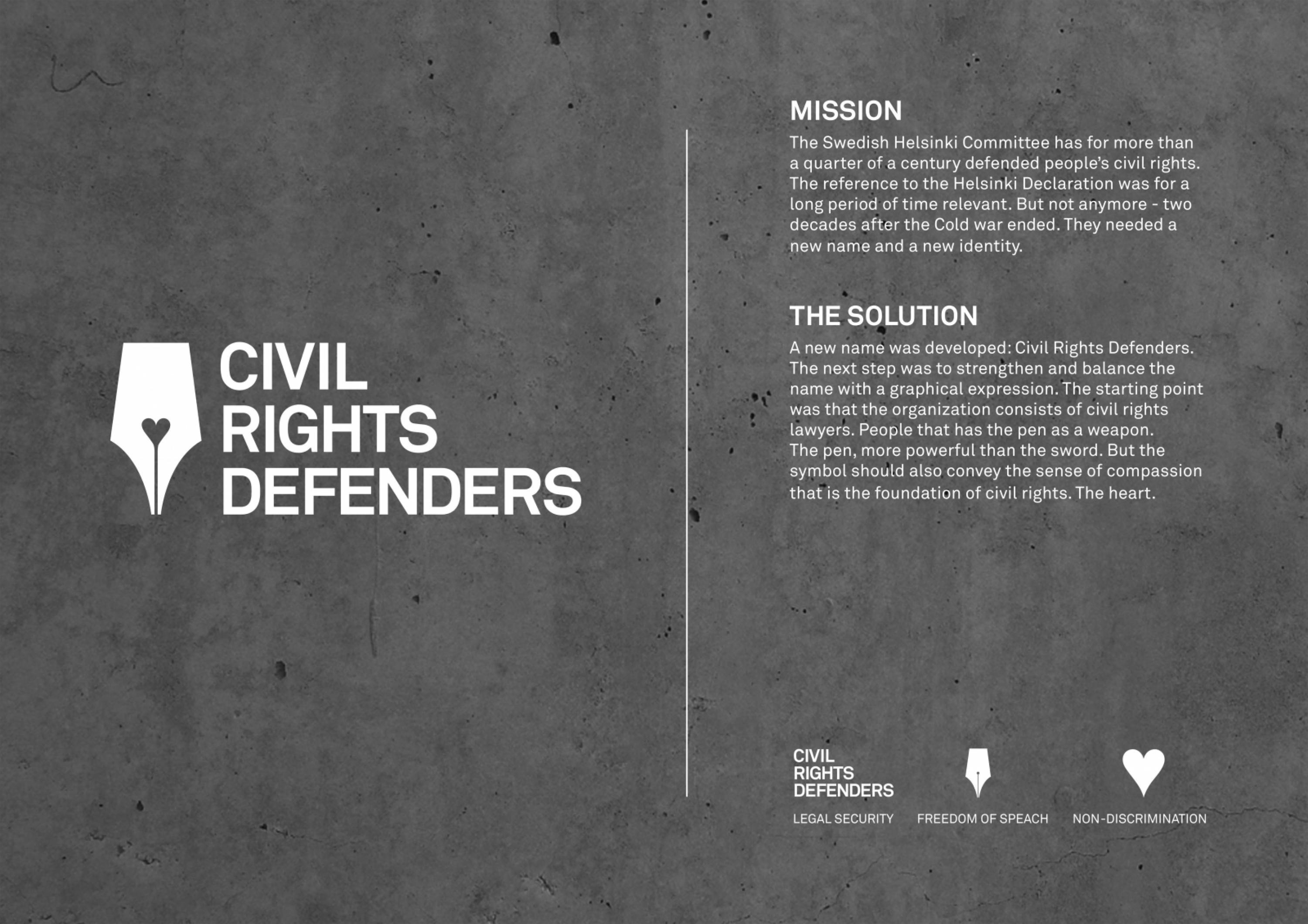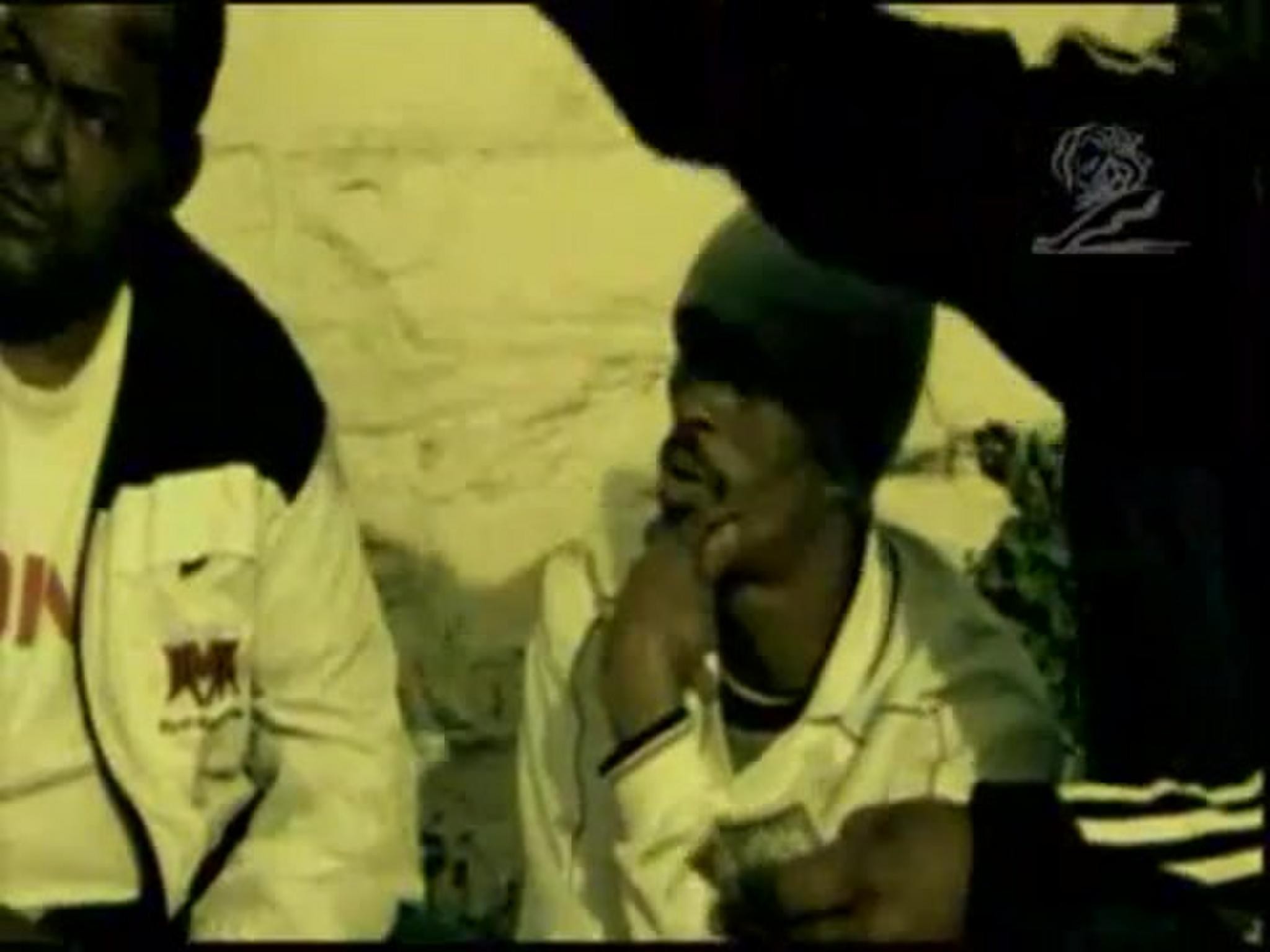Cannes Lions
CIVIL RIGHTS
PRIME, Stockholm / CIVIL RIGHTS DEFENDERS / 2013

Overview
Entries
Credits
Overview
Execution
The CIVIL RIGHTS CAPTCHA generates random words from a database, which vary depending on whether the described situation is positively or negatively charged. These words describe both positive and negative emotions. The user selects the word that best matches how they feel about a documented violation of human rights, and writes the word in the CAPTCHA. Only one answer is correct, the answer showing compassion and empathy.
The complexity lies in making it hard enough for bots/hackers to crack while at the same time being completely understandable for humans. To do this we had to make as many different but still clear emotional combinations as possible. There are two types of statements: positive and negative ones and three kinds of answers: positive, negative and irrelevant. Giving a bot programmed to break the CIVIL RIGHTS CAPTCHA a 17% chance of breaking the CAPTCHA – giving that the bot can read the distorted text.
The Civil Rights CAPTCHA is a development within CAPTCHAs and uses an open and “web safe” API to provide “distortion” of the possible answers in it.
We started developing the tool in early March 2012, testing solutions such as images displaying different emotional states, pictograms and web cam facial expression detection but finally settled on using randomly sequenced statements along with randomly selected words that were categorized in three different states: negative, positive and irrelevant. After 6 months of development the CAPTCHA was spam bot tested for security, a wiki on how to implement it was created and the CAPTCHA was launched.
Outcome
1. Awareness: The media coverage in high end media such as Wired, NBC News, Huffington Post, Daily Mail, Discovery, Mashable, Russian Times, etc., reached well over 700 million people worldwide
2. Involvement: The tool Tweetreach was used to monitor the Twitter debate showing a involvement by well over 20 million people including the world’s leading universities like Harvard, MIT Media LAB and Stanford as well as world leading media profiles like Pete Cashmore. In addition Hackers helped translate the CAPTCHA into several other human and computer languages.
3. Established Platform: To this date the CAPTCHA has been tracked to have been implemented on several sites around the world and has been downloaded over 300 million times – by bots and humans.
Similar Campaigns
12 items







